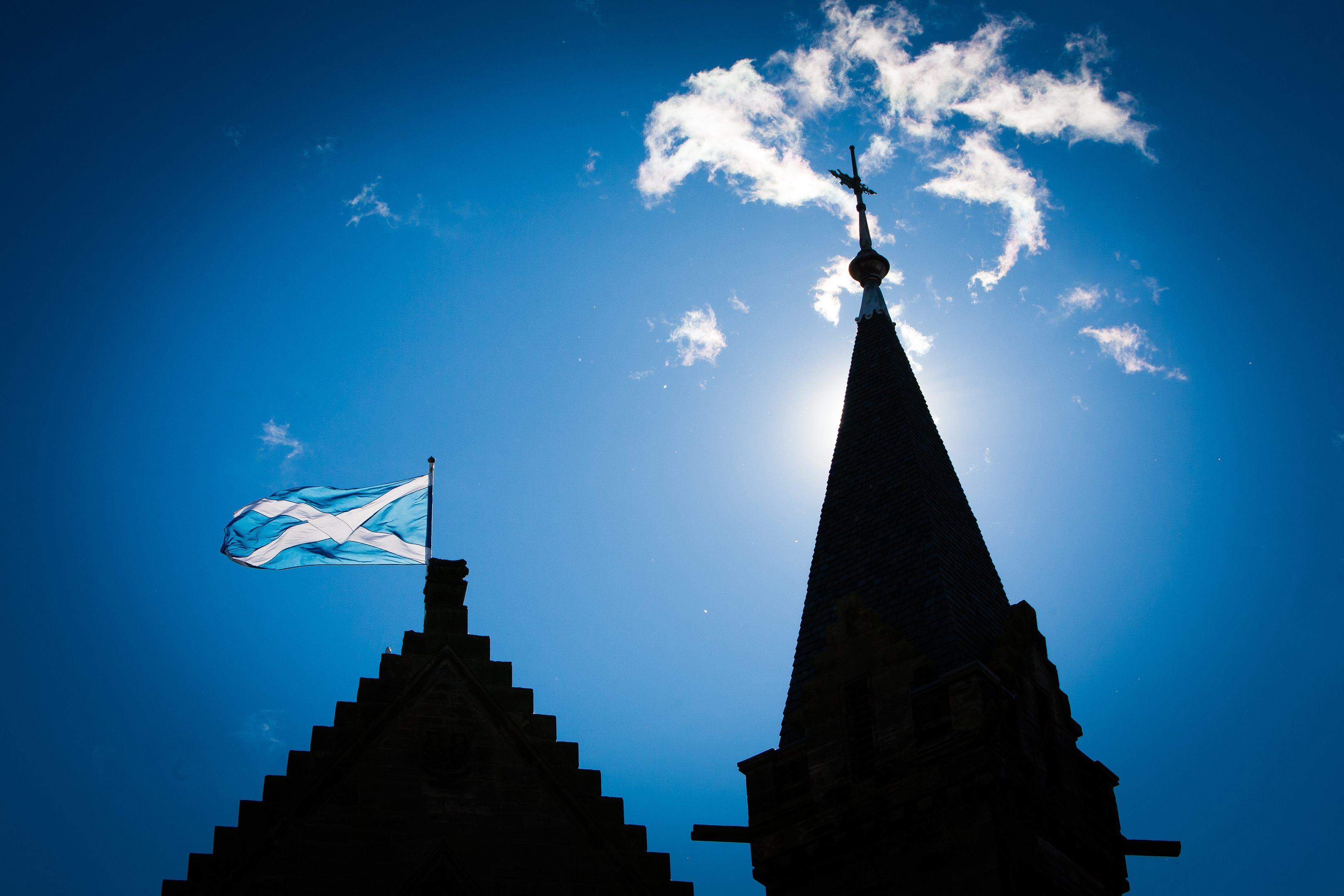
THE Church of Scotland is strengthening its commitment to supporting military personnel, veterans and their families by signing the Armed Forces Covenant.
Right Rev Dr Derek Browning, Moderator of the General Assembly, is signing the covenant at Edinburgh Castle on Saturday evening.
He said the church is committed to supporting military chaplains who serve in the Royal Navy, Army and Royal Air Force, and ministering to “everyone wherever they are to be found and whatever their needs”.
The covenant represents a promise by the nation that those who serve or have served, and their families, are treated fairly.
Signing it is not an endorsement of defence policy, and the church said its ability to challenge the UK Government on any aspect of it will not be impinged.
The covenant states: “We recognise the value serving personnel, regular and reservists, veterans and military families contribute to our organisation and our country.
“Therefore we, the General Assembly of the Church of Scotland, will endeavour in our business and charitable dealings to uphold the key principles of the Armed Forces Covenant.”
There are around 260,000 veterans in Scotland, almost 6% of the population.
When families are added to the number, the Armed Forces community represents almost one in 10 of the country’s people.
The principles of the covenant are that no member of the Armed Forces Community should face disadvantage in the provision of public and commercial services compared to any other citizen and that in some circumstances special treatment may be appropriate, especially for the injured or bereaved.
Under the agreement to support people “pastorally, liturgically and organisationally”, presbyteries will appoint veterans’ champions to support parish ministers who will direct people to the appropriate agency to ensure they get the help they need.
Among other things, the covenant will give churches an opportunity to identify veterans in their local communities that the Armed Service charities are struggling to pinpoint, while ministers will be encouraged to learn more about local military bases, reserve centres and cadet training facilities.
Dr Browning said: “The Church of Scotland remains committed to supporting the work of military chaplaincy.
“It is mindful that much of the work done is not at the front-line but on the home-front and that forces personnel are to be found in many different communities across our nation.
“Jesus teaches us to reach out to everyone, weak and strong, young and old, friend and foe, and to remember that not everyone is at the centre of things, but often on the margins.
“Where we can, we will help.”
The covenant will also be signed by Captain Chris Smith, naval commander Scotland and Northern Ireland, Major-General Mike Riddell-Webster, governor of Edinburgh Castle, and Air Vice Marshal Ross Paterson, – the RAF’s senior officer in Scotland.

Enjoy the convenience of having The Sunday Post delivered as a digital ePaper straight to your smartphone, tablet or computer.
Subscribe for only £5.49 a month and enjoy all the benefits of the printed paper as a digital replica.
Subscribe